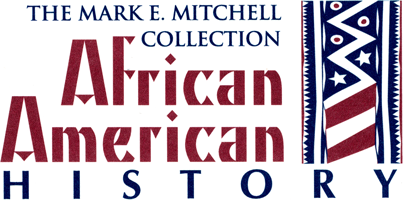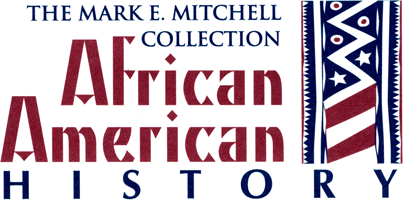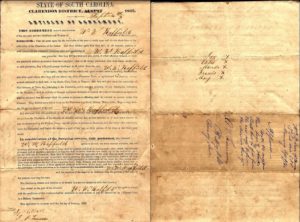Very Early Sharecroppers’ Agreement Placed Numerous Restrictions Upon Freedmen and Women at War’s End.
Rebellious plantation owners were relieved to find they could retain and even recover abandoned lands provided they sign an Oath of Allegiance to the Union. Lands informally promised to and settled by freedmen as reparation by the U.S. Army were returned to former owners. Now free but in most cases landless, African Americans faced the prospect of either being hired by or negotiating with their former masters. The latter, as depicted above, consent to become tenant farmers or “sharecroppers.”
In this extraordinary, partly printed legal document of September 8, 1865, William W. Raffield, a former slaveowner in Clarendon County, SC, agrees to let five freedmen, one possibly a woman, cultivate his plantation. M. Bell and T. P. Lowndes are witnesses to Raffield’s seven signatures, and presumably, those of his five tenants, Joe, Essex, Mander, Francis, and May, where each signs with their “X” on the verso.
They consent to restrictions upon their actions and behavior including: owning no firearms or weapons, nor leaving without permission, yielding prompt obedience to Raffield and his agent, not misusing farm equipment or animals, nor keeping animals without permission, being orderly, quiet, and “avoiding drunkenness and other gross vices.” Failure to comply with these rules and Raffield’s “reasonable” requests meant penalties including forfeiture of his, her, or their share of crops, with determination made by a federal “Provost Court or Military Commission.”
Aside from defending themselves before the court – a frightening prospect for such illiterate freedmen who likely were told, but may not have understood all the details – the contract provided “the usual medical attention,” and that “The Freedmen, women and children [are] to be treated in a manner consistent with their freedom.” One does wonder whether the freedmen would be permitted to leave the premises to register and vote.
The form’s contents are approved on the verso by a federal Reconstruction Officer, a brevet major assigned to the region. He takes exception, however, to nullify a contract provision which effectively stated that food consumed by “hogs and stocks” was to be deducted before the freedmen’s apportionment of crops. This copy was filed with federal authorities and expired on January 1, 1866. Due to the cessation of hostilities in April 1865, subsequent agreements would typically be for the entire year.
Raffield’s Ox Swamp plantation in Manning, SC, was located midway between Charleston and Columbia. Raffield (1821-1901), served with the 4th Regiment of the SC State Militia, and his wartime letters suggest hiring out his enslaved to the CSA.


